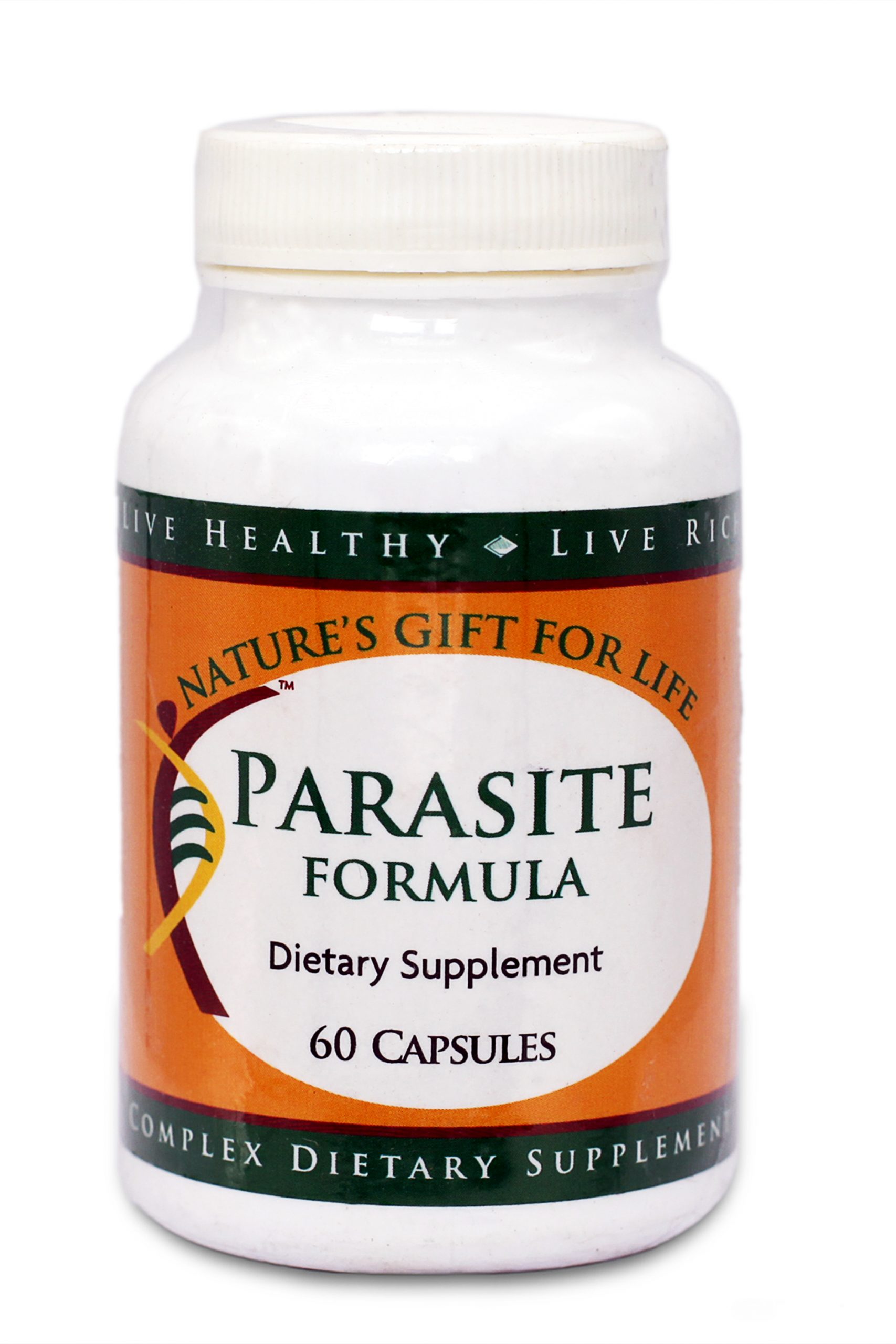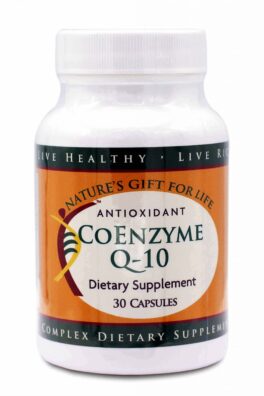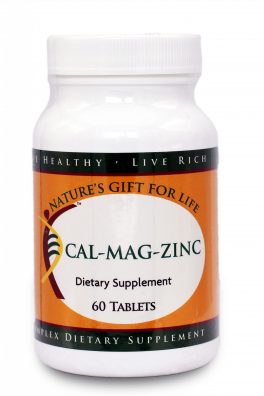Parasite Formula
2 in stock
- Fight against infections of the digestive system, food poisoning, diarrhea, and parasitic diseases;
- Stimulates digestion and improves peripheral circulation
- Improves the proper functioning of the gallbladder
- Kills intestinal parasites
>>>Read More
16,610CFA
2 in stock
Fights effectively against all types of parasitic infections
Benefits:
- Fight against infections of the digestive system, food poisoning, diarrhea, and parasitic diseases;
- Stimulates digestion and improves peripheral circulation
- Improves the proper functioning of the gallbladder ;
- Kills intestinal parasites ;
- Kills intestinal worms ;
- Prevents and treats ulcers of the stomach and duodenum (it kills Helicobacter pylori);
- Fight against candidiasis (especially Candida albicans) and other mycoses;
- Prevents and treats colds and ENT infections in general (flu, bronchial affections, etc.);
- Fights and prevents urinary tract infections and cystitis
- Relieves Chronic fatigue and weakened immune system;
- Fight against allergies (because it is also hypo-allergenic);
- Fight against inflammations.
Particular advantages of Cayenne capsaicin:
- Relieves pain caused by osteoarthritis, rheumatoid arthritis and neuropathies;
- Relieves pain caused by chronic neuropathies ;
- Relieves pain caused by cancer surgery, especially breast cancer (mastectomy);
- Relieves itching and psoriasis;
- Relieves lower back pain ;
- Relieves dental pain ;
- Relieves neuralgic pain;
- Improves digestion and fights against dyspepsia ;
- Fight against fibromyalgia ;
- Relieves itching skin prurigo nodular hyde ;
- Helps in weight control: it has a beneficial effect on fat metabolism, on energy expenditure at rest and on appetite control.
A parasite is an organism that lives at the expense of another organism and insidiously, feeds on at its own expense. That is to say that it draws on the energy reserves of its host and moreover causes damage that goes from intoxication to the destruction of the organism that hosts it. In the majority of cases it can live for years in an organism without its presence ever being suspected. It is in this same vein that Dr. Hazel Parcells says: “many are microscopic and are not easily detected by ordinary means. They damage the liver and hence the entire internal system. They lodge themselves in the soft tissues of many parts of the body. “Some parasites are large and clearly visible, but most parasites are hidden inside their host and are very small.
Parasitosis is a term for all conditions that can lead to parasitic (or parasitic = caused by parasites) diseases. Parasitology is the study of parasites, their hosts and their mutual interactions. Parasitism is the most common way of life on this planet, from the simplest single-celled organisms to complex vertebrates. Each species is potentially the victim of several parasites, and many parasites may themselves be parasitized. As a result, the number of parasitic species greatly exceeds the number of “autonomous” species.
Parasitosis control takes on particular importance in confined environments (schools and barracks) where promiscuity and movement of individuals favour parasitosis. Lice infestations are one example. They were notably fought during the Second World War by the American army medical service via a poster warning that “Typhus is spread by lice … “and encouraging soldiers to use an anti-lice powder.
Infections caused by human intestinal parasites are one of the most common health problems today and are usually accompanied by symptoms such as anemia, constipation, bloating, digestive problems and skin rashes. Many people completely refuse to take the problem seriously, not wanting to believe that they are suffering from such an unpleasant and embarrassing health condition. However, there is little to be ashamed of, as we are all exposed to parasites through the air, food and drinks we come into contact with. In addition to the use of powerful parasite drug controls that are usually prescribed for the material, there are natural ways to prevent or treat parasitic infections, especially since we are talking about long-term interventions.
The main symptoms of ailments caused by parasites:
Specialists believe that parasites are responsible for many symptoms and conditions such as:
- Fatigue
- Water retention
- Headaches
- Insomnia
- Anemia
- Joint disorders
- Diarrhea or on the contrary under nutrition and asthma and allergies.
- The squeaks of constipation and tooth loss
- Bloating and gas Ulcers
- Skin allergies
- Obesity
- Liver disorders
- Epilepsy
- Skin Disorders and
- Neurological Disorders
- Itching
DESCRIPTION: NG4L Parasite Formula is an association of several plants: black walnut powder, wormwood powder, pumpkin powder, grapefruit seed powder, and cayenne pepper, combined in a single product with the ability to fight against all forms of pests : Optional parasites which are very often saprophytes or saprozoites for which parasitism is only one possible option requiring certain conditions (fungi…) and obligatory parasites or true parasites, on the contrary, which can only live linked to a host. Depending on the parasite, there are several types of parasitic diseases whose effective treatment is the NG4L Parasite Formula that helps maintain the digestive tract in good health.
PRESENTATION: box of 60 capsules
Serving size: 1Dose per box: 60 | ||
Ingredients | Dose per ingredient | % daily values |
Walnut or black walnut powder | 300 mg |
|
Absinthe powder | 250 mg |
|
Pumpkin powder | 75 mg |
|
Grapefruit seed powder | 55 mg |
|
Cayenne Pigment | 5mg |
|
Other ingredients: gelatin, magnesium stearate *. Daily values not established | ||
INGREDIENTS OF NG4L PARASITE FORMULA AND THEIR METHOD OF ACTION:
Walnut powder or black walnut: The walnut tree (Juglans cinerea) was used extensively in medicine, where the leaves of all species of walnut were believed to be astringent and aromatic, while the bark was reputed to be bitterly astringent. The leaves of the tree in particular, walnut shells have long been used in phytotherapy and recognized for their antifungal and antiparasitic properties. Slightly laxative, its green fruits were used to fight constipation.
In addition, the inner bark of the root was used as well as the husk (green shell of the nut). The walnut was said to reconstitute and restore the weak, asthenic and lymphatic. It was used to treat all kinds of skin conditions – eczema, impetigo, psoriasis, cold abscesses, dull wounds – as well as excessive sweating of hands and feet. It has been shown to be effective against anthrax bacteria.
In addition, it relieves insect bites, fights fleas in dogs and cats, protects livestock from flies and horse flies, keeps ants away, treats dandruff and slows down hair loss. Moreover, it is supposed to make the hair supple and shiny and as such, it is used in the composition of some commercial shampoos. It is attributed the power to remove corns, calluses, warts. Formerly, one employed it in all the infectious diseases which were causing permanent scars (syphilis, malignant pustule, etc.) because it was known to erase them or at least reduce them considerably.
The wormwood powder: Thanks to its richness in silica, flavonoids, bitter substances and tannins, wormwood makes it possible to stimulate blood circulation and to help digestion. This plant acts in particular as an antiseptic of the digestive tract while improving the correct operation of the gall bladder. In addition to its digestive action, wormwood is also a powerful vermifuge, for this purpose, it is presented in powder or tincture form. Absinthe is indicated for the treatment of digestive problems, anorexic disorders.
Its digestive action can also overcome digestive disorders such as bloating and flatulence. Certain preparations of wormwood contain thujone. Thus, inquire about the content of this substance before consuming absinthe alcohols or the pure essential oil of this plant.
Pumpkin powder: Pumpkin contains a significant amount of carotenoids and antioxidant compounds. Antioxidants are compounds that protect the body’s cells from damage caused by free radicals. Free radicals are highly reactive molecules that are believed to be involved in the development of cardiovascular disease, certain cancers and other age-related diseases.
The main antioxidant compounds in pumpkins are carotenoids. The consumption of carotenoid-rich foods is linked to a lower risk of developing certain cancers. It should be noted that carotenoids are better absorbed in the body when a small amount of lipids (fat) is consumed at the same time5. It is therefore advisable to consume pumpkin with a few nuts or a fillet of carotenoids oil, for example. The pumpkin is rich in elements such as: vitamin A, vitamin B5 and vitamin B2, manganese, zinc, beta carotene, lutein, phosphorus, magnesium, potassium, iron, copper, vitamin C, vitamin E.
Grapefruit seed powder: Grapefruit seed extract contains mainly flavonoids, ascorbic acid (vitamin C), tocopherols, citric acid, limonoids, sterols. The active component is a quaternary ammonium chloride, hydroxybenzene diphenol. It is effective in prevention as well as in attack treatment for all infections. Grapefruit seeds contain a natural antimicrobial substance powerful, broad-spectrum (bacteria, fungi, yeasts, parasites and even viruses), with no a priori side-effects and without causing resistance.
It is therefore an antibacterial, an antifungal, an antimicrobial, an antiviral, an antiparasitic and a preservative. It acts by disorganizing the cytoplasmic and mitochondrial membrane of microorganisms. It is recommended for immunosuppressed people with candidiasis and other infections (the classic treatments cause significant resistance in them). It is also widely used in organic agriculture (antiparasitic, deworming, infectious diseases, etc.), as a preservative incosmetics and food industry, to purify water.
Cayenne pepper: the effect of Cayenne pepper is largely due to the burning sensation caused by its active compound, casein. It is therefore necessary, to obtain a valid therapeutic effect through food, to consume spicy dishes. Those who do not enjoy this type of cuisine can take it in the form of a capsule of powder, tincture or oleorosin. In this way, the effect does not manifest itself in the mouth, but only in the stomach and intestines. Capsaicin, one of the active ingredients in Cayenne, locally stimulates the production of substance P, a neurotransmitter responsible for triggering pain when the body is injured. Without being harmful, capsaicin has the effect of luring the body by exhausting the body’s energy momentarily its reserves of substance P and, subsequently, to act as a mild analgesic.
The first applications of capsaicin cause a burning sensation that quickly gives way to local anaesthesia. Although capsaicin causes a sharp burning sensation, studies have shown that it does not cause digestive tract damage in healthy subjects. On the contrary, capsaicin appears to protect the stomach lining from the adverse effects of non-steroidal anti-inflammatory drugs such as Aspirin and indomethacin. Moreover, contrary to popular belief, the consumption of Cayenne, even in large quantities, does not cause peptic ulcer. On the contrary, it would have a protective effect.
MAIN APPLICATIONS
Candidiasis: Folk medicine has long used simply macerated black walnut shells in the treatment of fungal skin infections such as ringworm. A 1990 study at the University of Mississippi found that juglone, a black walnut derivative, has antifungal properties and is at least as effective as commercial antifungals. A 2005 study showed that chemicals derived from Korean Black Walnut are powerful antifungal and antimicrobial agents against candida.
Intestinal worms: A 1991 study by the U.S. Department of Agriculture showed that the two compounds juglone and plumbagine, derived from black walnut shells, are very effective in inhibiting the development of parasites, worms, larvae and eggs. Clinical studies confirm that topical application of black walnut is at least as effective as commercial treatments for ringworm. Studies have shown, however, that black walnut is toxic to many species of non-parasitic animals, particularly horses. In their 2007 book “Veterinary Phytotherapy”, Susan G. Wynn and Barbara Fougere report that although black walnut is a popular choice for the removal of canine heartworm, it has been found to be toxic in dogs and long-term use is not recommended.
Digestive disorders: During a preliminary study, 30 subjects suffering from dyspepsia took daily capsules providing Cayenne powder or a placebo. The treatment was more effective than the placebo, which tends to confirm its traditional use to stimulate digestion.
INDICATIONS: Abdominal pain, dyspepsia, abdominal bloating, flatulence and meteorism. Candidiasis, ascariasis, pinworm and other intestinal worms. Infections of the ENT sphere in general (colds, otitis, pharyngitis, laryngitis, flu, bronchial affections), urinary infections (including cystitis). Chronic fatigue, immune weakening, allergies and skin conditions (itching, dermatitis, fungus infections).
DOSAGE: Usual dosage 1 tablet x 3/day
Contra-indications:
Pregnancy and breastfeeding.
Severe liver disease, allergy to one of the constituents. Active gastric ulcer
Irritable bowel syndrome and hemorrhoids.
Interactions: NG4L Parasite Formula may increase cough in people taking angiotensin-converting enzyme inhibitors (ACE inhibitors). Although no cases have been reported, some sources mention a possible theoretical interaction between Cayenne with MAOIs and antihypertensive drugs. It is therefore preferable to take this into account when using NG4L Parasite Formula.
| Weight | 71 g |
|---|
Based on 0 reviews
Be the first to review “Parasite Formula” Cancel reply
Related products
-
All Products, Steaz Energy Drinks
Steaz Yerba Mate – Berry
Rated 5.00 out of 5(1)- Elevates your energy and conscience
- Eliminates physical and psychological fatigue and muscle pain
- Strengthens the heart and cardiovascular system
- All natural – Nothing artificial – No preservatives!
>>>Read More
SKU: n/a -
All Products, Mineral Supplements
Cal-Mag-Zinc+Vitamin D – 90caps
0 out of 5(0)- Helps the nervous and cardiac systems function properly.
- It helps reduce high blood pressure.
- It relieves symptoms of premenstrual syndrome.
- Aids in maintaining blood sugar levels, digesting food and resisting viral infections
- Helps wounds to heal properly
>>>Read More
SKU: n/a






There are no reviews yet.